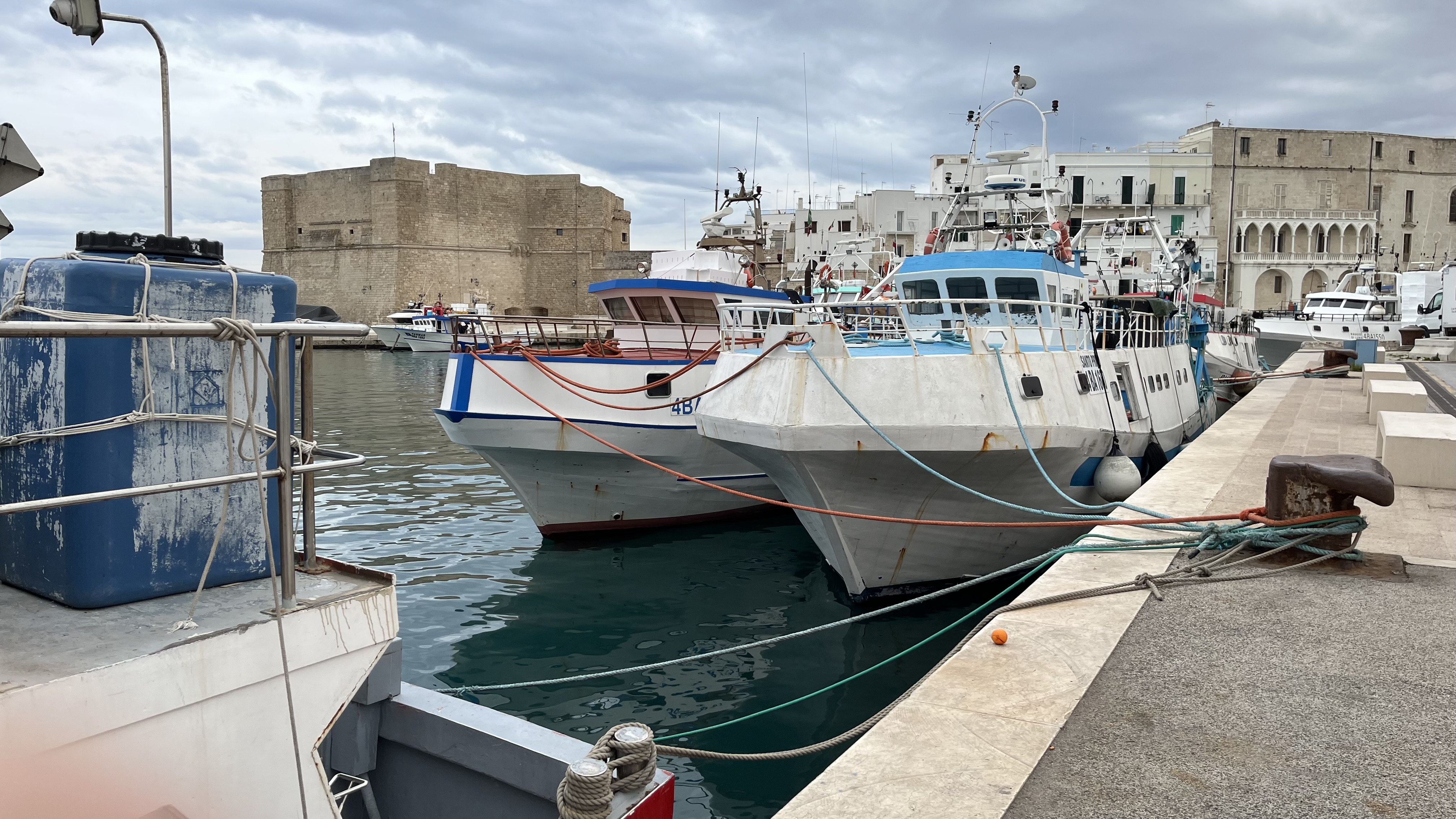Nyheter
Proposed EU bottom trawling phase-out splits stakeholders

While attempting to bring together the EU’s environmental ambitions and the economic viability of its fisheries sector, the measures proposed by the Commission have been labelled as insufficient by blue NGOs and as devastating by the industry.
The long-awaited sustainable fisheries package presented on Tuesday (21 February) includes an action plan to protect and restore marine ecosystems, a communication on the energy transition of the EU fisheries and aquaculture sector, and an assessment of the EU Common Fisheries Policy (CFP) and EU Common Market Organisation – both last reformed in 2013.
Most contested by stakeholders is the Commission’s ambition to ban bottom trawling from all Marine Protected Areas (MPAs) and reduce the impact on the seabed.
Mobile bottom fishing – or bottom trawling – is a method of fishing that involves dragging heavy weighted nets across the sea floor in an effort to catch fish.
As the EU fisheries Commissioner Virginijus Sinkevičius said presenting the package, the non-binding marine action plan includes “a gradual phasing out of bottom fishing in all marine protected areas by 2030”.
This follows the Conference of the Parties to the UN Convention on Biological Diversity (COP15) in which 196 countries, including the EU, committed to reaching a 30% target of protected land and oceans by 2030 in a landmark agreement for the protection of biodiversity.
“Marine protected areas are important hotspots for marine biodiversity,” the Commissioner said. “This is why we have committed to expanding these areas to 30% of EU seas by 2030.”
Currently, only 10% of seas are protected in the EU.
Green lawmakers and NGOs have widely welcomed the proposal, though they criticised the notion that protecting marine biodiversity will have to wait until 2030.
“With this action plan, the European Commission recognizes that bottom trawling is incompatible with the concept of a ‘Protected’ Marine Area’,” said the coordinator of the Greens/EFA in the European Parliament’s Committee on Fisheries, Caroline Roose. “It’s a good sign.”
However, she stressed that the Commission’s plan is not binding – which means “it relies on the goodwill of European governments, which regularly oppose measures to protect the oceans.”
Likewise, Andrea Ripol, Senior Marine Policy Officer at Seas At Risk, said it’s ‘reassuring’ that the Commission acknowledges “bottom trawling is a technique belonging to the past,” but calls on the executive to propose new legislation to enforce the rules on member states that “have been ignoring their environmental commitments”.
However, some stakeholders in the fishing industry specialised in bottom trawling have reacted negatively to the news.
In a statement, the European Alliance for Bottom Trawling said that “the Commission has decided to greenwash ocean protection through fisheries bans”.
According to the industry group, the plan doesn’t offer alternatives and will ‘devastate’ fishing communities, stressing that these 7,000 vessels account for 25% of the EU fish production.
Plan toward low-carbon fisheries
The Commission also presented a plan for the energy transition of the fisheries sector with the aim of becoming climate neutral by 2050.
The fisheries sector is highly dependent on fossil fuels and vulnerable to fluctuations in fuel prices, according to the EU executive. At the same time, the sector emitted 5.2 million tonnes of carbon dioxide in 2019.
“Reliance on fossil fuels is the biggest danger for them [fishers] today, and we have to ensure that we decrease that reliance with all available tools,” said the Commissioner.
In addition, a recent report from the blue NGO Oceana identified that mobile bottom-contacting fisheries – such as bottom trawlers – are the most fuel-intensive fishing techniques in the EU.
A coalition of NGOs has said that while the energy transition plan is an ‘encouraging step’, what is needed to drive the decarbonisation of the sector is to “eliminate all fossil fuel subsidies” and support small-scale fishers as a matter of priority in the decarbonisation process.
What about the Common Fisheries Policy?
Almost 10 years after the last reform of the Common Fisheries Policy – the EU’s main set of rules to manage fishing fleets and fish stocks – the Commission announced that it’s still fit for purpose and will not be reformed.
However, the Commissioner also acknowledged that “we need to work harder and better to fully implement the CFP,” which is eventually up to member states.
Green campaigning groups, such as WWF, have echoed the Commission’s conclusion that “the problem is one of implementation, not one of design”.
Worried that reforming the CFP would risk watering down its ambitions, Antonia Leroy, Head of Ocean Policy at WWF Europe, said that “now is the time to play by the book, not to change the rules of the game.”
But others consider it a ‘missed opportunity’.
Javier Garat, President of the industry group Europêche ‘celebrates’ the success of the CFP, but believes that “in light of the huge developments of past few years, the priorities and tools of the current CFP are obsolete”.
“Better implementation of outdated rules is not an option, a revision is a must,” he added.
Källa: Euractiv



